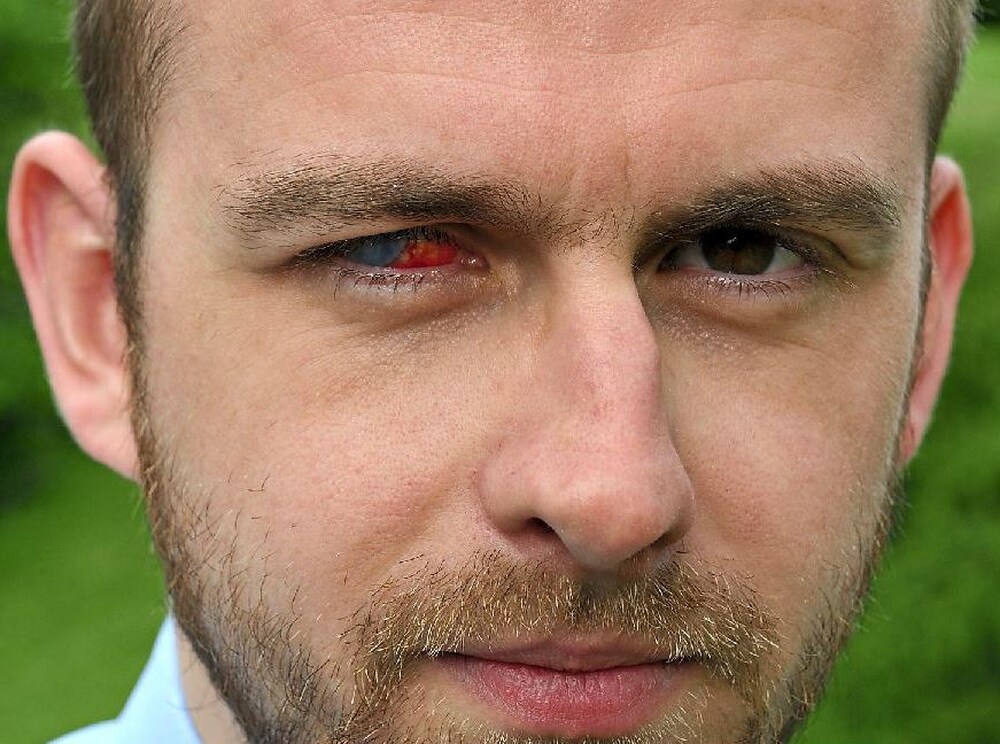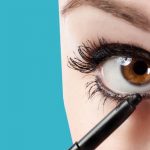Optometry Australia is urging people to develop healthy habits with their contact lens wear, and warning of the potential dangers misuse can bring about.
In the United States, this is Contact Lens Health Week, and the peak body for Australian optometrists is similarly focused on driving awareness that contact lens health starts with you.
Last month, 29-year-old Nick Humphreys of Shropshire, England, lost his sight in one eye after contracting Acanthamoeba keratitis, a rare parasitic infection of the cornea, which is the clear window at the front of the eye.
Humphreys, who typically left his contact lenses in while showering, most likely picked up the infection while showering, as the practice can dramatically increase the risk of eye infections.
Luke Arundel, Chief Clinical Officer for Optometry Australia said that Acanthamoeba is a single-celled amoeba that’s commonly found in water, soil and air.
“Contact lens wearers face a risk of contracting this infection if they engage in certain practices, such as disinfecting lenses with tap water or swimming or showering while wearing them,” he said.

“Thankfully, such occurrences are rare, but it remains crucial that people understand the dos and don’ts to ensure proper contact lens hygiene. We only have one pair of eyes, it’s imperative that we take care of them!”
Mr Arundel listed the following simple habits to prevent contact lens-related eye complications:
- Don’t wear contact lenses in the shower and avoid contact with tap water.
- Don’t swim in contact lenses.
- Don’t wear contact lenses while sleeping unless directed to do so by your optometrist.
- Do replace your contact lenses as often as recommended by your optometrist.
- Don’t “top off” solution. Use only fresh contact lens solution in your case – never mix fresh solution with old or used solution.
- Do visit an optometrist regularly. Find one in your local area here.
“Contact lenses are clearer, more comfortable and more convenient than ever. When prescribed correctly and when worn under the supervision of a trained health care practitioner they provide a safe and effective means of correcting vision,” Mr Arundel said.





